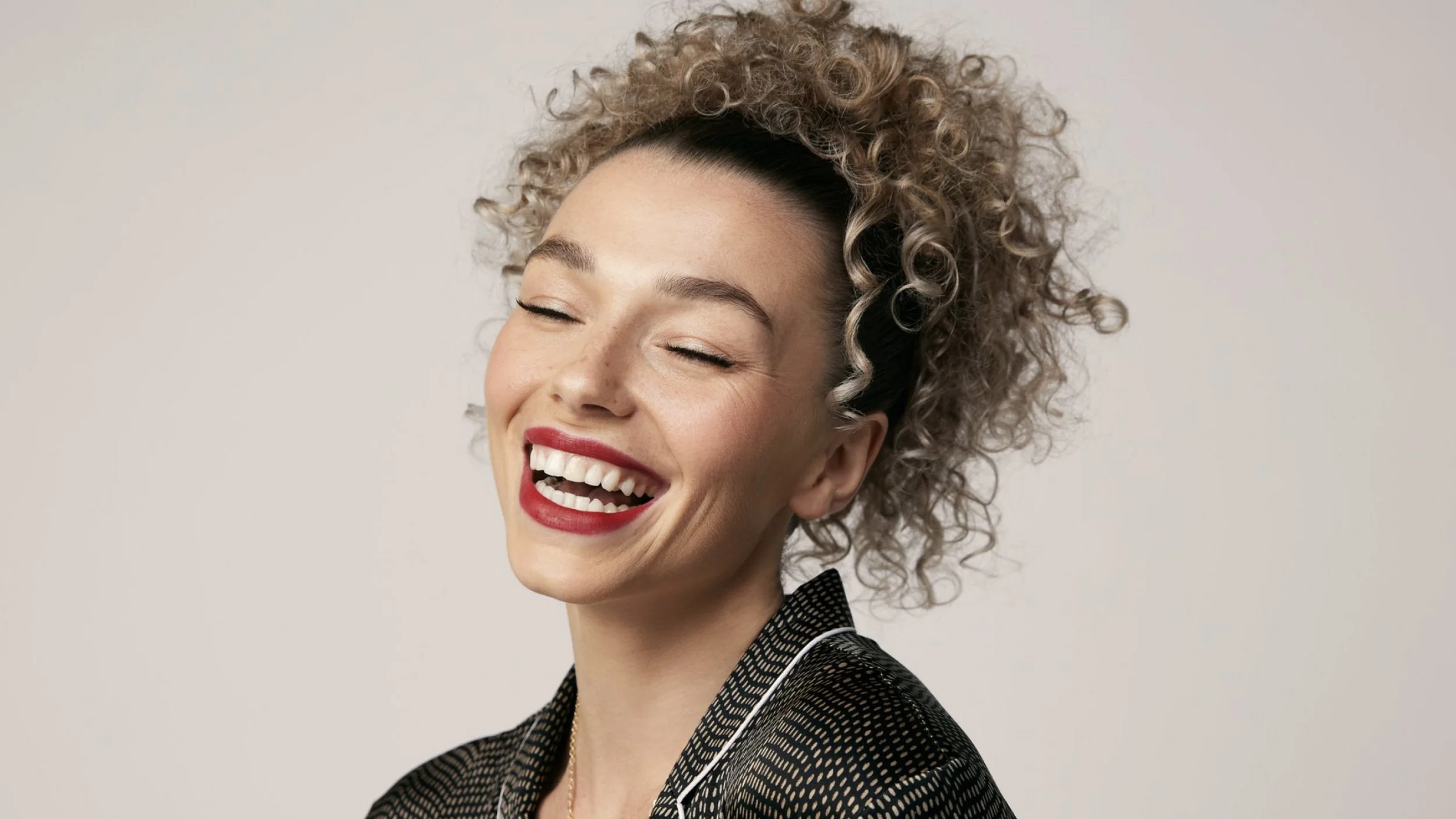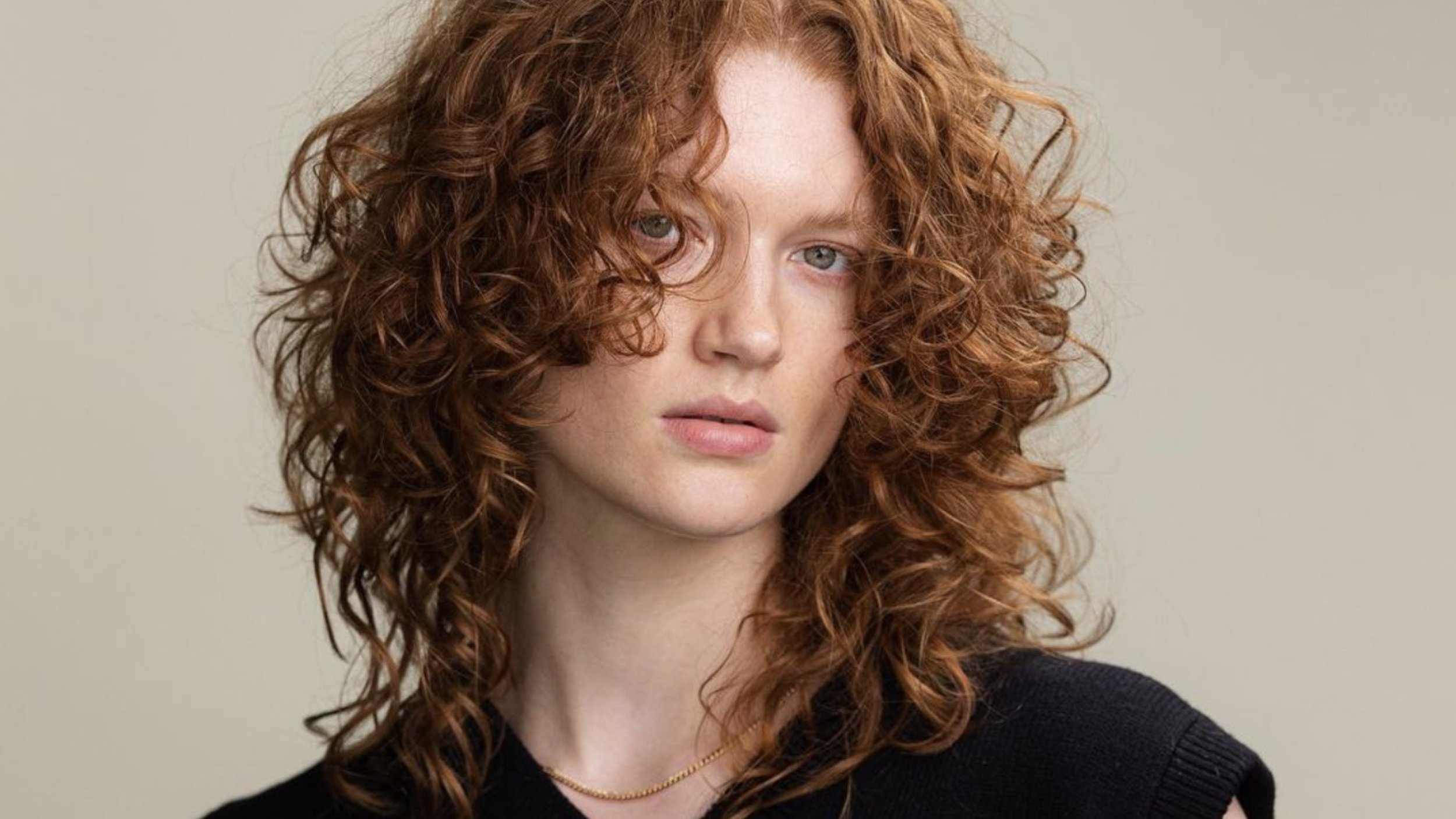Curly Hair 101: Oxford EXPERTS share care tips
Unlike straight hair, naturally curly hair tends to loose moisture more easily making it harder to maintain. What’s more, there can be a fine line between curly hair being a blessing or a curse.
So, we’ve asked the team at our hair salon in Oxford for their personal and professional experiences. They’re here to untangle (pun intended!) the mystery behind what to do with curly hair, how to keep curly hare nourished and how to discover the best curly hair routine that works for you! Keep reading to discover the secrets!
Curly hair Preliminary insights
Before we get started, we think it’s worth mentioning that everyone’s hair is completely unique and will have its own characteristics, behaviours, and ‘problem areas’. This is why we start each new client's journey with a complimentary consultation to develop their Hair ID. This can be a huge benefit for people with curly hair, as we would consider it a more complex hair type.
You may have tight curls, loose waves, or anything in between - it’s a wide spectrum, really. Density, texture, and even colour treatments can affect your curly hair's health and appearance.
There are lots of things to consider, like whether your locks begin to curl at the ends or from the roots all the way down. This can determine how your hair is cut and treated to make each curl bouncy and jiggly.
why Getting ahead of problems is a good idea
Natural curly hair tends to lose moisture quickly, which renders its texture ‘wiry’. Wiry hair can it often be tricky to control. You can spend ages styling your locks, only for a touch of moisture in the air to turn it into a wild frizz show. Annoying, isn’t it?
That’s why curly hair routine and care are super important - you’ve got to help your curls stay healthy and sit in place.
So, let's dive deeper into how to care for curly hair.
Curly hair care tips from our Oxford salon
Our lovely hair gurus in Oxford have seen and curled a lot of hair (A LOT!). They’ve mastered proper techniques for washing, combing, and styling curls, but that’s not all there is to it. A good collection of locks requires proper overnight care and regular trimming, too.
When does curly hair get oily?
“Curly hair care starts with the way you wash it” - says Tasha, one of our senior stylists. Our scalps secrete a fatty substance called sebum – it’s what we talk about when we mention oily or greasy hair. In straight hair, sebum works its way down the hair strands relatively easily, giving that often unwanted ‘oily’ look. But if you have curly hair, there's a different story.
Curly hair may appear less oily because its twists and turns impede sebum from traveling down the strands as easily as in straight hair, delaying the ‘oily’ look. However, this can be misleading as the oil tends to accumulate near the scalp, potentially causing scalp issues over time. Without regular washing, this buildup can oxidise, leading to irritation, itchiness, and even dandruff.
How often should you Wash curly hair
Our Oxford specialist Damien recommends you try to avoid washing it too often as it can strip away vital natural oils. That said - absolutely shampoo twice when you wash your hair to ensure your scalp is thoroughly detoxed.
A good choice is washing your curly hair once every 2-3 days and observing the effects. If your hair feels good to the touch, then great! In case your curls feel dry - increase the amount of time between washes by a day.
What to use when Washing curly hair
Choosing a shampoo and conditioner that is packed full of moisture-boosting ingredients needs to be a must. We would recommend the Curl Manifesto range from Kerastase for its curl-loving ingredients. The range is formulated with Manuka honey and ceramides for extra nourishment, definition, and smoothness.
Having a pre-shampoo or leave-in treatment routine is also a great way to keep your curls smooth and manageable. It’s a super easy way to care for your curls without too much effort. You can pop on treatment before you wash your hair to avoid any knots and tangles or just leave one in after you wash and let your hair dry naturally.
Another great tip is rinsing through your hair with cold water after you wash it. This will help keep the moisture from your shampoo and conditioner locked into your curls. If you’re brave enough to do it in the shower, you’ll get a bonus Wim Hoff cold water treatment.
how to comb curly hair
Kayleigh, our Oxford master stylist says that how you comb through your curls can massively affect their appearance. Conditioning treatments will help with knots, but you still need to detangle your curls for a smooth finish.
The best time to comb or brush through your curls is while they are still wet. Starting from the ends first carefully untangle - you’ll find this much easier than starting at the root! Use a wide tooth comb or a Denman brush to create definition with your curls without frizz or the risk of any breaks, whether you let your hair dry naturally, or use a diffusing hair dryer.
Try to avoid over-brushing or combing which creates static and for looser waves, finger drying might be your best bet.
Overnight curly hair care
There’s a lot more awareness of how sleep affects hair. We don’t mean in terms of getting enough of it to stay healthy (though that always helps) but how the friction between your hair and pillow can result in frizz or knots.
So, if you wake up in the morning to a sort of nest situation, try replacing your cotton pillowcase with a silk one. As Martha Stewart says, silk pillowcases are perfect for reducing friction and don’t absorb as much moisture as cotton or synthetic fabrics, so your hair products will stay in your hair and not all over your pillow. In case you don’t want to sleep on a silk pillowcase - you could always consider an overnight silk turban!
Regular trims
There’s no avoiding split ends altogether, but having regular trims will make sure your curly hair stays strong and manageable for longer. It also helps to promote healthy growth and prevents split ends from traveling up the hair shaft.
If you need some expert advice on the best way to care for your curly hair, you can book a Hair ID consultation with one of our team at our hair salon Oxford, or any Blushes location for a no-obligation assessment of your hair needs. They can guide you towards the best hair care products for your curls, as well as hairstyles that are kind and easy for curly hair, but you don’t have to stop there! Our beauty specialists in Oxford are always available to pitch in, too!
curly hair takeaways
Unique hair means special care - Every curl hair type is unique and requires personalised care. Identify yours with a Hair ID.
Washing routine matters - Double shampooing once every 2-3 days helps maintain scalp health without stripping natural oils away.
Scalp health - Be aware that oil doesn't travel easily down curly strands, which can lead to buildup and potential issues.
Proper combing - Detangle curls when wet, starting from the ends, using a wide-tooth comb or Denman brush.
Overnight care and regular trims - Silk pillowcases reduce friction and retain moisture, while regular trims prevent split ends and promote hair health.




